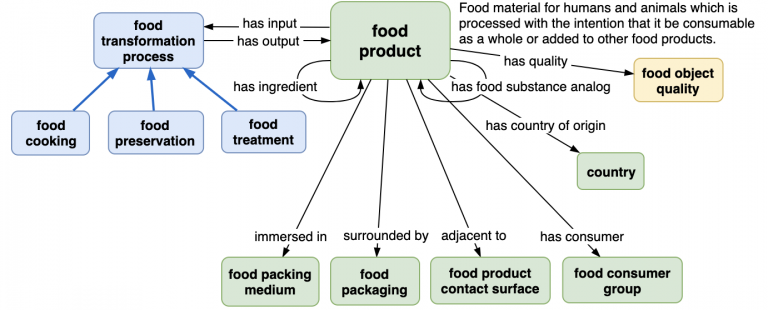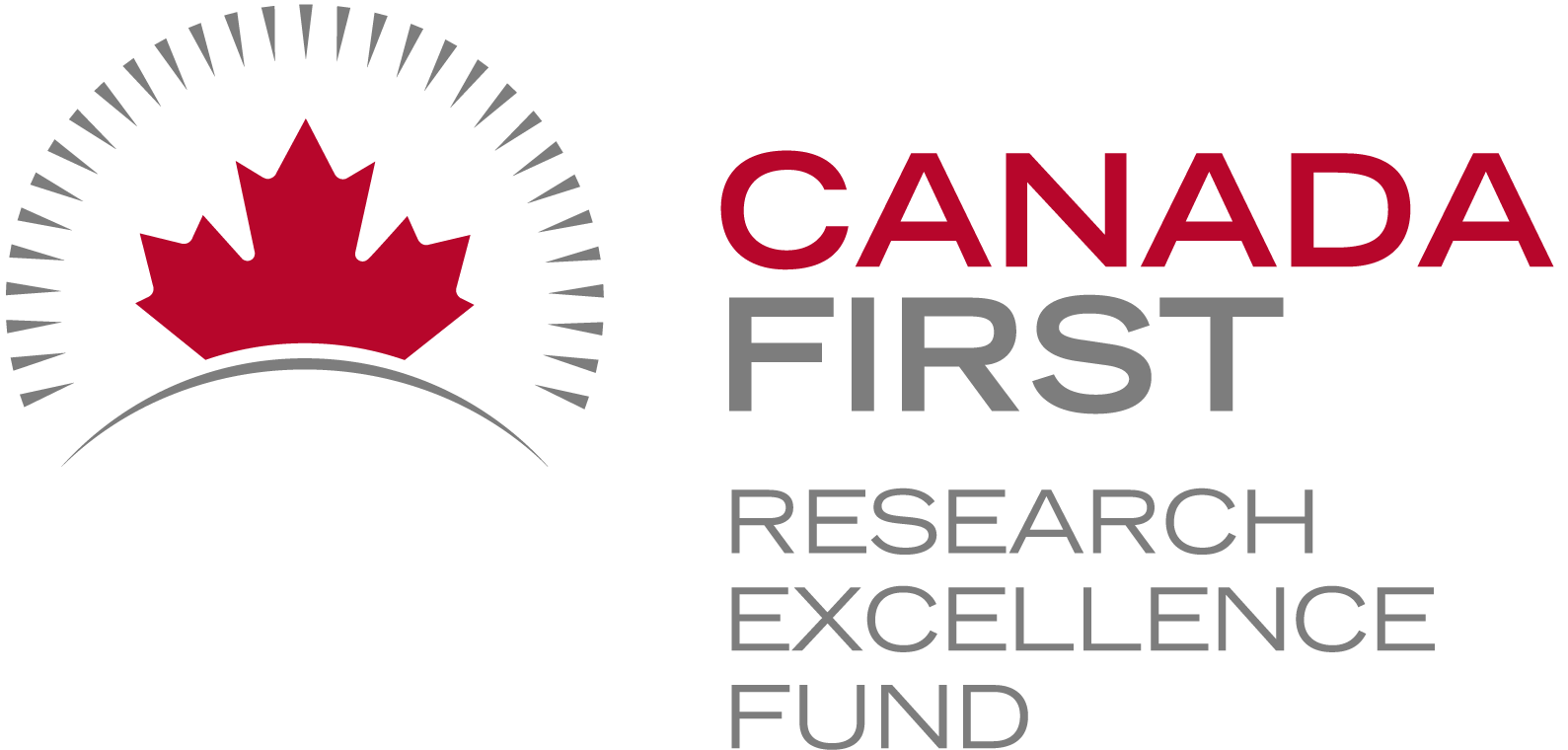
Ontologies for agriculture
Using an ontology in agri-food research provides a structured and standardized way to manage the complex data that is common in this field. Ontologies are an important tool to improve data FAIRness.
Ontologies define relationships between concepts, allowing researchers to organize information about crops, livestock, environmental conditions, agricultural practices, and food systems in a consistent manner. This structured approach ensures that data from different studies, regions, or research teams can be easily integrated and compared, helping with collaboration and knowledge sharing across the agri-food domain.
One key advantage of ontologies in agri-food research is their ability to enable semantic interoperability. By using a shared vocabulary and a defined set of relationships, researchers can ensure that the meaning of data remains consistent across different systems and databases. For example, when studying soil health, an ontology can define related terms such as soil type, nutrient content, and pH level, ensuring that these concepts are understood uniformly across research teams and databases.
Moreover, ontologies allow for enhanced data analysis and discovery. They support advanced querying, reasoning, and the ability to infer new knowledge from existing data. In agri-food research, where data is often generated from diverse sources such as satellite imaging, field sensors, and lab experiments, ontologies provide a framework to draw connections between different datasets, leading to insights into food security, climate resilience, and sustainable agriculture.
Agri-food Data Canada is working to make it easier to incorporate ontologies into research by developing tools to help incorporate ontologies into research data.
One way you can connect ontologies to your research data is through Entry Codes (aka pick lists) of a data schema. By limiting entries for a specific attribute (aka variables or data columns) to a selected list drawn from an ontology you can be sure to use terms and definitions that a community has already established. Using the Data Entry Web tool of the Semantic Engine you can verify that your data uses only allowed terms drawn from the entry code list. This helps maintain data quality and ensures it is ready for analysis.
There are many places to find ontologies as a source for terms, the organization CGIAR has published a resource of common Ontologies for agriculture.
Agri-food Data Canada is continuing to develop ways to more easily incorporate standard terms and ontologies into researcher data, helping improve data FAIRness and contributing to better cross-domain data integration.
Written by Carly Huitema



